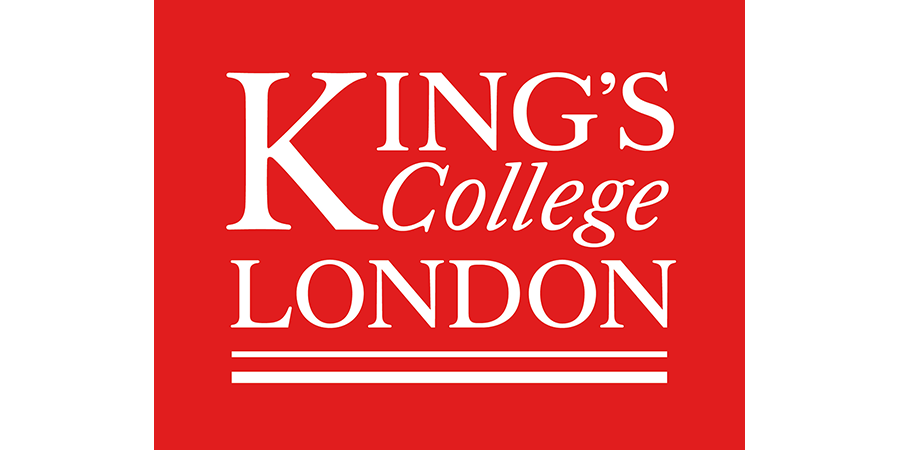Postdoctoral Research Associate - Deciphering the sequence rules governing somatic hypermutation and their impact on antibody evolution
King's College London - Peter Gorer Department of Immunobiology
| Location: | London |
|---|---|
| Salary: | £44,105 per annum, including London Weighting Allowance |
| Hours: | Full Time |
| Contract Type: | Fixed-Term/Contract |
| Placed On: | 16th December 2024 |
|---|---|
| Closes: | 12th January 2025 |
| Job Ref: | 102206 |
About Us
The laboratory of Dr. Rushad Pavri at King’s College London is inviting postdoctoral applications for a project focused on understanding the molecular mechanisms of somatic hypermutation and its impact on antibody evolution.
The Pavri group studies the molecular mechanism of antibody maturation and associated genome instability in B cells. We are particularly interested in deciphering the mechanism of somatic hypermutation, which is the molecular basis for the generation of high-affinity antibodies upon infection or vaccination. Our laboratory uses a multi-disciplinary approach that combines genetics, molecular biology, biochemistry, genomics and more recently, AI. More information can be found here
We seek a motivated and passionate scientist to join our team on a project that seeks to understand how information encoded in DNA (sequence grammar) determines the patterns and rates of somatic hypermutation and how this influences the evolution of antibodies during immune responses. In collaboration with computational biologists, we have built an AI-based model that will be used to understand which genomic features contribute to observed mutational outcomes. The predictions from the AI model will be used to build hypotheses that will be experimentally tested in our optimized human B cell SHM platform and followed by further analyses to decipher the underlying mechanism.
About the Role
The candidate should have a PhD (or should be close to completing a PhD) in a relevant area of biological or biomedical sciences. You will be expected to design and conduct experiments independently, have excellent written and oral communication skills, be highly collaborative, co-supervise students and contribute to laboratory management.
The project involves extensive molecular biology, tissue culture and genomics, hence experience in these areas is highly desirable. Knowledge of immunology, gene regulation and flow cytometry will be an advantage.
The project has a major computational component both for AI-driven modelling and predictions, and for bioinformatics analyses of wet-lab data. This will be performed by an excellent team of computational biologists with whom we have a long-standing collaboration. The candidate will have to work closely with the computational team for data analysis and interpretation.
This is a full time post (35 Hours per week), and you will be offered a fixed term contract from 1 May 2025 to 30 April 2028
About You
Essential criteria:
- PhD in biological or biomedical science.
- Strong publication record, as demonstrated by first author publication(s) in peer reviewed journals (preprints will also be considered).
- Experience in molecular biology (eg. cloning), tissue culture and flow cytometry.
- Knowledge of methods in biochemistry (eg. protein analyses) and gene regulation.
- Ability to independently design and conduct experiments, analyze data, and present results professionally in written and oral form.
- Strong collaborative nature and willingness to help with mentoring students.
- A high level of self-motivation and ability to work flexible hours and meet deadlines.
Desirable criteria:
- Knowledge of gene regulation, B cell biology and antibody diversification.
- Experience with genomics and next-generation sequencing.
- Basic bioinformatics skills.
Downloading a copy of our Job Description
Full details of the role and the skills, knowledge and experience required can be found in the Job Description document, provided at the bottom of the next page after you click “Apply”. This document will provide information of what criteria will be assessed at each stage of the recruitment process.
Advert information
Type / Role:
Subject Area(s):
Location(s):









